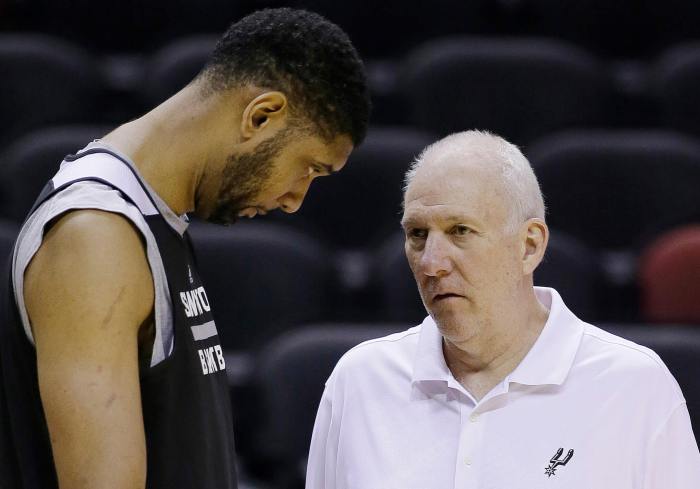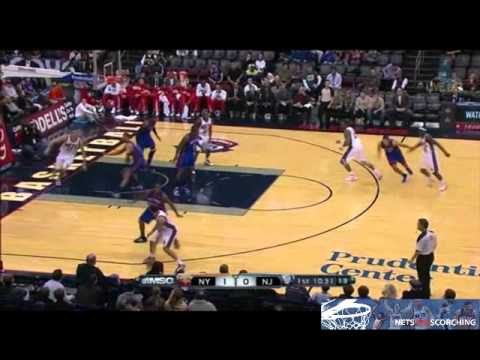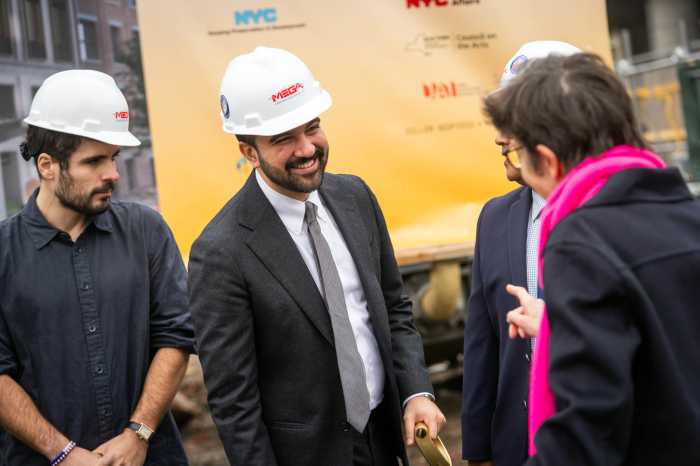Season Stats:
7 G, 7 GS, 24.7 MPG, 4.9 PPG, 4.7 RPG, 0.4 APG, 1.0 SPG, 1.0 BPG, .371 eFG%, .422 TS%, 6.0 PER, 4.8% PIE
Preseason Outlook:
Damion James is going to be very useful this season- James only played 25 games last year, but showed in a small sample size that he can defend well and rebound at a good rate for a small forward.
Evaluation
The 2011-12 campaign was just a nightmare for Damian James. After missing the bulk of the 2010-11 season due to a foot injury, James was shut down for the year after only playing 7 games this season due to an injury on the same foot. This chronic problem has seemingly not only put his Nets career in doubt, but perhaps his NBA career. That’s just heartbreaking for a player who was targeted by this organization based on his ability to help out “right away” rather than the work in progress the Nets could have kept in Jordan Crawford when Rod Thorn traded up for James during the 2010 draft.
And sadly, when James did play, he wasn’t particularly good – small sample size or not. His “tweener” status (too small for PF, too big and slow for SF) really became a liability. He looked slow and unathletic, only able to get 1 shot off at the rim per game, and shooting underneath 20 percent on every shot away from the basket. While his turnover ratio was high his rookie season, it took a ghastly turn this past year, and his turned the ball over on nearly 22 percent of his possessions in ‘11-12. So much so that his stone hands became a bit of a punchline for Nets fans in the early part of the year. Sure, James could rebound well for a SF, but unless you surround a player like that with offensive juggernauts at the four other positions on the floor, he’s too much of an offensive liability and not consistent enough overall defensively to be anything other than roster filler – if he can even come back from foot surgery a second time.
What was most puzzling about James was as the season went on, and the Nets lost more players due to injury, the Nets kept the SF on their roster, despite opting not to pick up his rookie option. Essentially a player who had no hope of returning, and was incredibly unproductive in his short tenure on the court, was taking up a needed roster spot instead of a healthy body. Obviously Billy King needed as many salaries on his roster he could get for trading purposes, but you would have thought once the trading deadline came and went, James would have been cut free and a warm body from Springfield or elsewhere in the D-League would have been brought up.
Final Grade:



















